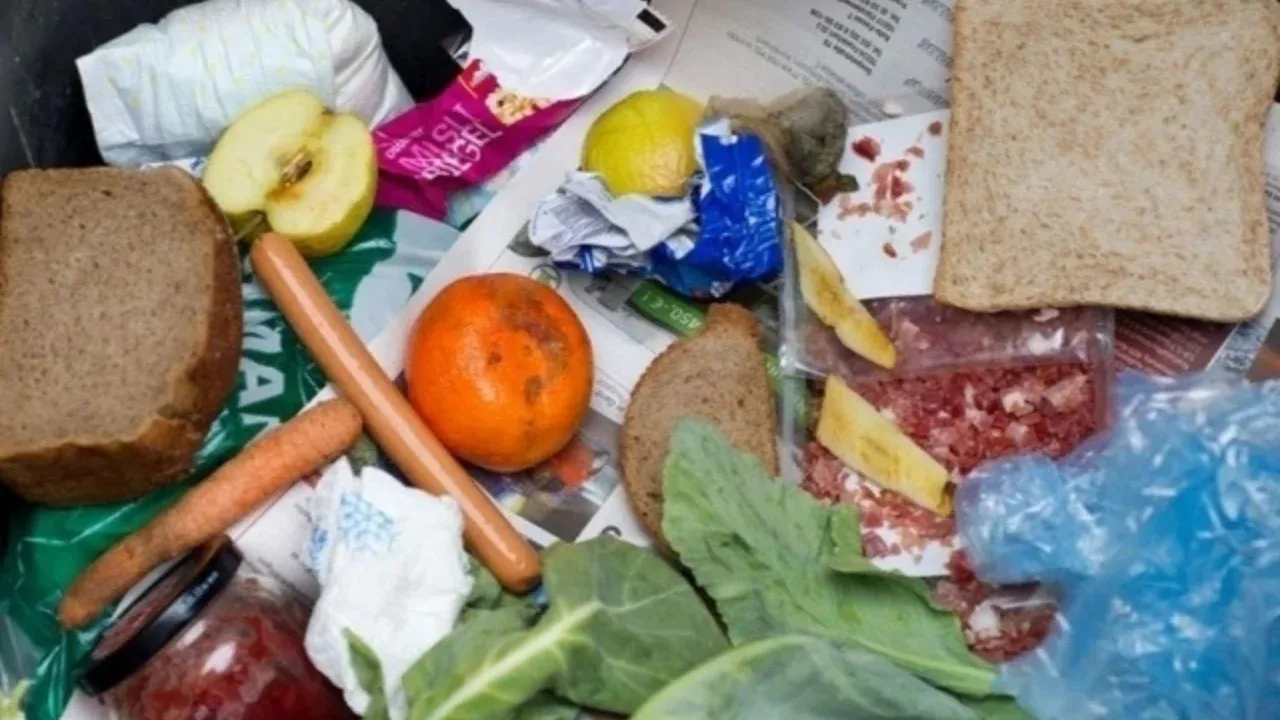Food waste causes serious damage to the environment

According to the United Nations, humanity wastes over 1 billion tons of food annually. This was reported by Zamin.uz.
This situation seriously harms not only food security but also the ecology of our planet. It is known that about 10 percent of greenhouse gas emissions come from food waste.
At the climate summit held in Belem, Brazil, experts once again emphasized that this problem is a global threat to humanity. In their opinion, combating food waste is crucial for ensuring environmental sustainability and protecting the safety of future generations.
In this regard, the United Nations Environment Programme (UNEP) and international partners have launched the "Food Loss Reduction" initiative. This project aims to halve food waste by 2030, reduce methane gas emissions, and decrease the risk of hunger.
According to UNEP head Inger Andersen, saving food is an urgent task for both rich and poor countries. Because preserving food plays an important role not only in fighting hunger but also in reducing harmful gas emissions into the atmosphere.
The new program supported by the Global Environmental Facility helps countries and cities develop effective strategies to reduce food waste. It also serves to adapt and expand tested experiences in developing countries.
Experts believe that saving food not only brings economic benefits but also reflects humanity's responsible approach. Because every wasted product means increased greenhouse gases, more waste, and a worsening hunger problem.







